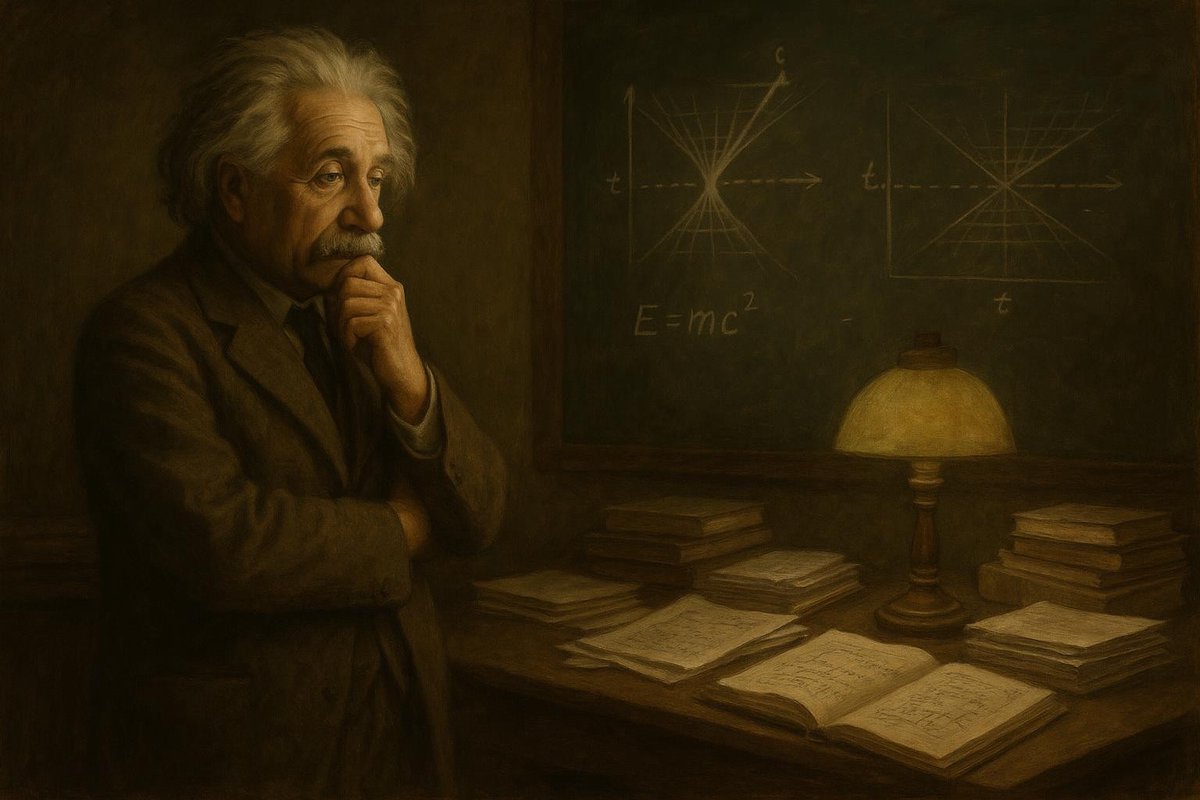
Albert Einstein once mused, “Imagination is more important than knowledge.” This mindset, as intriguing as it is profound, underscores why his intellectual pursuits continue to captivate us. At a time when science was firmly rooted in the tangible, Einstein dared to imagine beyond the observable, asking questions that would forever alter the fabric of reality.
Early Influences
Long before he reshaped the universe, young Einstein was already questioning it. Born in 1879 in Ulm, Germany, Einstein had an insatiable curiosity. His early education was conventional, but his thirst for knowledge was anything but. It’s fascinating to consider how the rigid schooling system could not confine his imagination.
- Einstein’s fascination with a compass at age five sparked a lifelong quest to understand the forces of nature.
- His exposure to Euclidean geometry at 12 opened his mind to the beauty of mathematics.
- Despite a short stint at the rigid German education system, he thrived in the more liberal Swiss Polytechnic in Zurich.
Interestingly, his early interests in music and philosophy nurtured a unique way of thinking. These influences laid the groundwork for a lifetime of questioning the status quo. What if the steadfast rules of physics could bend and flex?
Mental Models
At the heart of Einstein’s genius were his thought experiments, or “gedankenexperiments,” which pushed the boundaries of conventional reasoning. He imagined scenarios that, while abstract, were grounded in logic.
- One of his most famous thought experiments was imagining riding alongside a beam of light, a notion that later led to his theory of special relativity.
- His mental models were simplified, yet they uncovered profound truths about time, space, and gravity.
- Einstein challenged the Newtonian concept of absolute time, suggesting instead that time is relative to the observer.
Of course, these mental models weren’t just flights of fancy. They were Einstein’s way of bending reality to see physics from a different perspective. Can you imagine how it felt to unravel the mysteries of the cosmos from the confines of one’s own mind?
Challenges & Resilience
Einstein’s path wasn’t without obstacles. His ideas often clashed with the scientific norms of his time. Yet, his resilience in the face of criticism cemented his legacy.
- In 1905, his “Annus Mirabilis” papers faced skepticism but eventually revolutionized physics.
- He faced opposition and exile during the rise of Nazi Germany, but continued his work in the US.
- His later years were spent unsuccessfully searching for a unified field theory, highlighting the relentless quest for knowledge.
Interestingly, Einstein never saw setbacks as failures. Instead, he viewed them as further proof that the universe still held secrets to be uncovered. Is it any wonder that he remains a symbol of resilience and intellectual courage?
Legacy
Einstein’s legacy extends beyond equations and theories. His thought experiments continue to inspire generations of scientists and thinkers.
- His theories laid the groundwork for modern quantum mechanics and cosmology.
- Einstein’s intellectual curiosity remains a beacon for scientists around the world.
- His life exemplifies the transformative power of imagination in scientific discovery.
As time goes on, Einstein’s vision of a universe where imagination reigns supreme invites us to question our assumptions. Isn’t it intriguing how one man’s imaginative scenarios can shape the way we perceive reality?
Fuel Someone Else’s Curiosity
Einstein’s approach to the universe reminds us of the importance of curiosity and the courage to question. Share this article with friends or colleagues and ignite the spark of wonder in them too. After all, the next transformative idea might just be a thought experiment away.

Leave a Reply